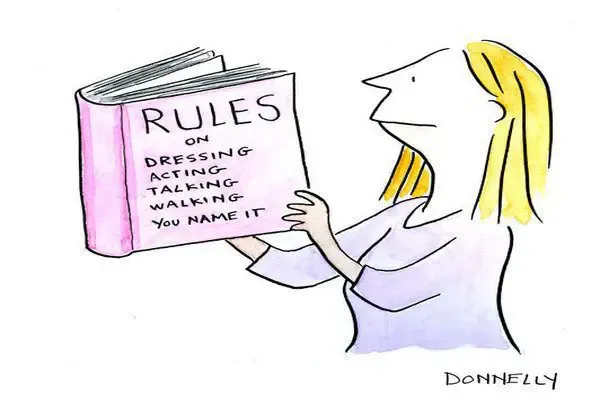The Fear of Femaleness: How Frankenstein Acts as a Feminist Platform
At first glance, Frankenstein does not seem ‘feminist’ in any way as the female characters in the story seem to be very passive, with roles that are more are insignificant in the larger scheme of the story.
The article above brings a new perspective to this idea and shows how Frankenstein may in fact be a feminist literature after all. Rather than the story outright being feminist in the sense that it has strong female leads. This novel is a little more subtle in showing that. For example, Victor treated Elizabeth like a trophy and when it came to making a female companion for the monster, Victor only got frightened when it occurred to him that the female monster could be powerful, and not docile like Elizabeth.
From the article: “All in all, by deliberately including subordinate female characters and highlighting their inferiority to men, Mary Shelley’s Frankenstein brings to light this patriarchal desire and the effects this need for power has, shaping the novel into the feminist text that it is.”
I am not entirely sure if I would consider the novel a ‘feminist’ text, however, I do the see what effect it created. I think showing subordinate female characters brings up a great global issue in the novel relating to gender inequality.
——————————————————————————————–
GENDER INEQUALITY
Global Issue: The dehumanization or expectation of females to be less ambitious and have docile interests.
Literary Examples:
page 37: “…all praises bestowed on her I received as made to a possession of my own.”
page 38: “…I was capable of a more intense application, and was more deeply. smitten with the thirst of knowledge… she found ample scope for admiration and delight.”
Non-literary Example:
Liza Donnelly Cartoons (BOW)



SCIENCE/TECHNOLOGY
Global Issue: The unintentional negative consequences of advancement in science.
Literary Examples:
Victor falling ill after he created the monster (volume 1, chapter 5)
Non-literary Example:
George Monbiot Essays (BOW)
Talks about scientists being unaware of the consequences of their work. It mentions how the discovery of Mars potentially becoming habitable and space tourism as a discovery will allow the rich to leave the Earth in the horrible state they have create.